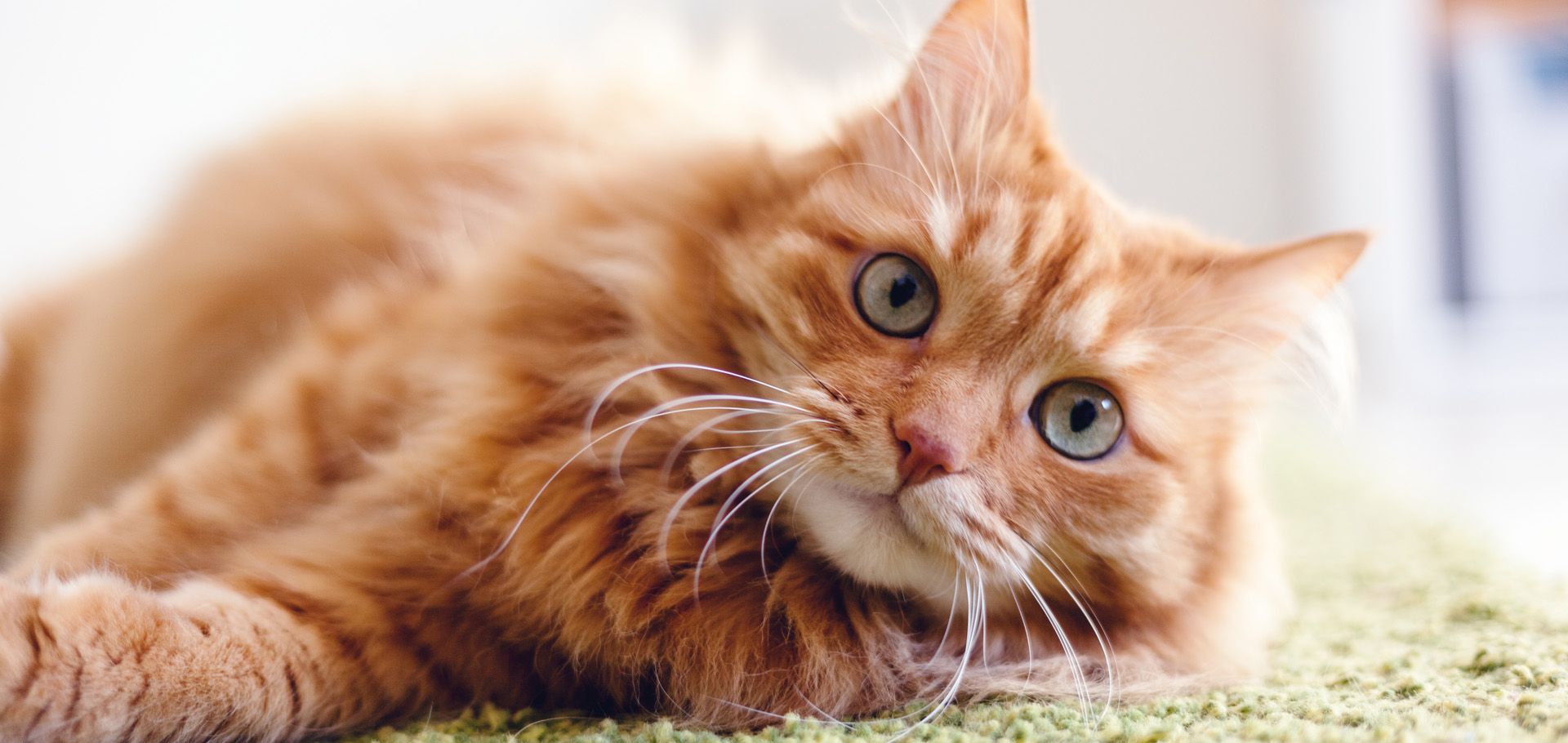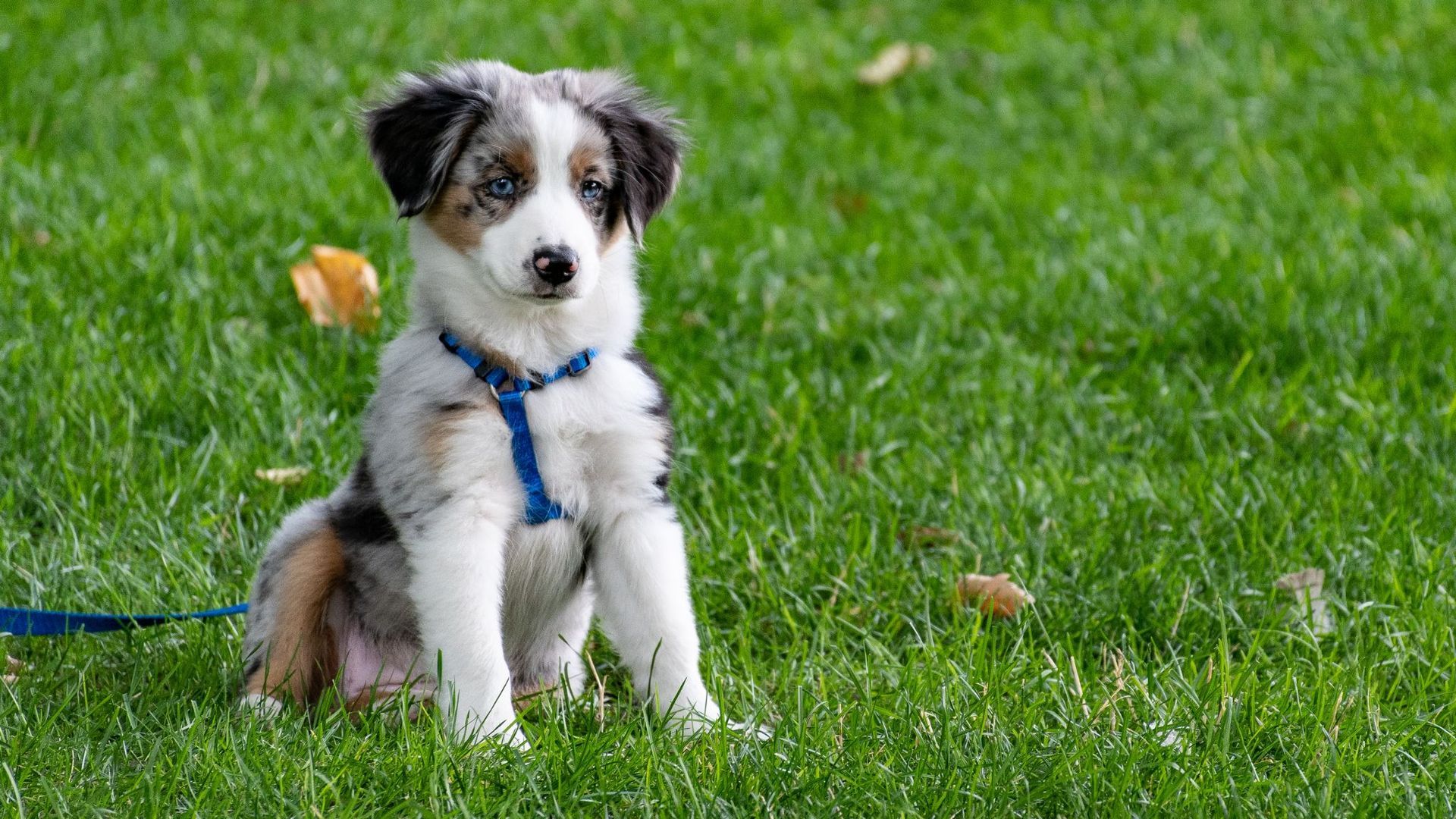
If you've ever found yourself wondering why your usually silent feline friend has turned into a vocal virtuoso, you're not alone in this.
Cats are notorious for their mysterious behaviors, and excessive meowing is no exception. In this comprehensive exploration, we'll delve into the multifaceted reasons behind your cat's sudden chatter, decode the various meanings behind their meows, and discuss how to respond appropriately.
So, grab a cup of coffee, settle in, and let's unravel the mystery behind your talkative tabby.
Why Do Cats Meow?
We all know cats are very intelligent animals. They communicate in different ways, and meowing is just one tool in their communicative arsenal. Understanding why cats meow involves decoding the messages they convey through this vocalization.
Cats meow for a multitude of reasons, ranging from seeking attention to expressing hunger or even signaling an underlying health issue. It’s important to recognize what exactly they’re meowing about, so you, as their owner, can find a way to resolve the issue.
Signs They’re Meowing More Than Usual
They’re Lonely
Cats are social creatures, and when they feel lonely or abandoned, they’re probably going to want your attention. And to get your attention, they’re going to meow a lot, which works most of the time, right?
If your cat's meowing increases when you're not around or after a recent change in the household, it could be a cry for companionship. Consider spending more quality time with your furry friend or providing stimulating toys to alleviate their solitude.
They Want Attention
Much like attention-seeking toddlers, cats may meow incessantly to grab your focus. If your furry friend starts meowing when you're busy or not paying them enough attention, it's their way of saying, "Hey, I'm here, and I need some love!" Try incorporating interactive play sessions and petting them regularly into your daily routine to meet their need for affection.
They’re Hungry
Cats are creatures of habit, and a sudden change in their feeding schedule may lead to increased meowing. If your cat is meowing persistently, take a look at their food bowl – they might just be trying to remind you that it's mealtime. Ensure you're following a consistent feeding schedule, and consider providing small, frequent meals to satisfy their hunger.
They’re Greeting You
Cats are known for being vocal when greeting their human companions. If your cat meows as soon as you walk through the door, it's likely a warm welcome, akin to a verbal tail wag. Give them positive reinforcement when they do, reinforcing the bond between you and your feline friend.
They’re Stressed
If there are changes in their environment, cats can react to it sensitively, giving them stress. Stress may manifest as excessive meowing. Whether it's a new pet, a move, or even rearranging furniture, these changes can trigger anxiety in them. Create a safe and secure environment, provide hiding spots, and introduce changes gradually to minimize stress.
They’re In Heat
If you have a female cat that’s unspayed, being in heat can result in intense and prolonged meowing. This behavior is a natural instinct aimed at attracting potential mates. Have them spayed if you don’t plan on breeding them, this also removes the potential challenges when they’re on the heat cycle.
They’re Aging
As cats age, they may experience cognitive decline, leading to increased vocalization. If your senior cat is meowing more than usual, it could be a sign of age-related changes. Take them to your veterinarian to ensure they receive appropriate care and attention to maintain their well-being.
A Sign of Illness
If your cat's meowing is accompanied by other concerning symptoms such as changes in appetite, lethargy, or unusual behavior, it could be a sign of illness. In such cases, a visit to the veterinarian is crucial to rule out any health issues. Early detection and intervention can make a significant difference in the outcome of potential health concerns.
Things Every Cat Owner Should Avoid Doing
Punish the Cat
Cats do not respond well to punishment. If your cat is meowing excessively, do your best to not scold or punish them. Instead, focus on understanding the root cause of their behavior. Punishment can lead to increased stress and worsen the behavioral issues you're trying to address.
Ignore Their Meowing
While it may be tempting to tune out the constant meowing, ignoring your cat completely is not the solution. They might be trying to communicate something important, and dismissing their attempts at connection can exacerbate the issue. Acknowledge their meows and investigate the underlying cause to address their needs effectively.
Don’t Give In
On the flip side, it's also important to not reinforce undesirable behavior by always giving in to your cat's demands. Striking a balance between acknowledging their needs and maintaining boundaries is key. Keeping your responses consistent will help your cat understand the appropriate times for meowing and prevent the development of undesirable habits.
Male Cats Meowing vs. Female Cats Meowing
If you’re reading this but you still question, “Why is my male cat meowing so much all of a sudden?”
Then it’s because male and female cats may exhibit different meowing patterns. Unspayed female cats in heat tend to be more vocal, while unneutered male cats may meow to assert dominance or attract a mate.
Understanding these differences can help in addressing your cat's needs more effectively. If you don’t plan to breed your cat, spaying or neutering is a humane and responsible choice that positively impacts their behavior.
When is Too Much Meowing a Cause for Concern?
While occasional meowing is normal, a sudden and persistent increase in vocalization should be taken seriously. If your cat's behavior of “over-meowing” comes with other signs of distress or illness, it's highly best to consult with a veterinarian immediately. Having a timely intervention makes sure that any underlying issues are addressed before they escalate.
Conclusion
When it comes to cat communication, meowing plays an important role. It serves as a nuanced language through which our feline companions express themselves. Every cat owner finds the thrill of deciphering the meaning behind the meows. This helps to build a strong bond and ensure the well-being of our feline friends. From loneliness to hunger, stress, or a simple greeting, understanding the reasons behind excessive meowing empowers us to respond appropriately and nurture a harmonious relationship with our talkative tabbies.
The next time your cat serenades you with a meow, take a moment to decode the message and remember, that a well-informed cat owner is a cat's best friend.
Want the best care for your cat? Partner with
Brewerton Animal Hospital in Brewerton, New York so you can give your best friend the best veterinary treatment! From
vaccinations to
routine exams and even
geriatric care if your feline friend is reaching or has reached seniority. Our team of animal-loving and well-trained vets got you and your cat’s back!
SHARE THIS ARTICLE




